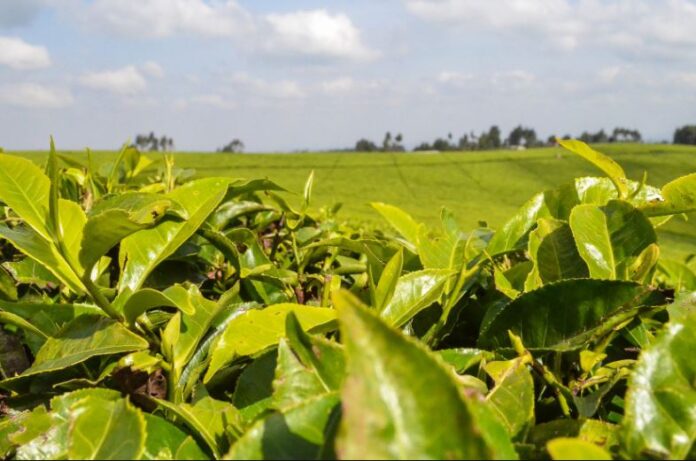The government of Kenya has announced plans to ban exportation of raw tea. The country’s President William Ruto made the announcement and said the ban will boost farmer’s revenue.
“There is absolutely no reason why we are selling 95% of our tea unprocessed in a space where we have a competitive advantage. By compelling producers to process the goods domestically, we provide a long term solution to boost earnings from agriculture, including livestock, cotton and other cash crops. Farmers stand to earn more if they embrace value addition instead of exporting raw commodities,” said the Head of State. He further gave an assurance of government’s support to tea marketers to accelerate the shift.
Tea farming in Kenya
Agriculture dominates the Kenyan economy, accounting for 40% of the overall workforce (70% of the rural workforce) and about 25% of the annual workforce. The country’s major agricultural exports are tea, coffee, cut flowers, and vegetables.
Tea is among leading foreign exchange earner contributing about 23% of total foreign exchange earnings and 2% of the Agricultural GDP. Annually, the country produces over 450 million Kgs of tea, which earn the country over K.sh 120 Billion in export earnings, and 22.0 Billion on local sales. The industry supports about 5.0 million people directly and indirectly while an estimated 650,000 tea growers depend on tea making the industry one of the leading sources of livelihood in the country.
The majority of Kenya’s tea-growing regions are found in the Kenyan Highlands, on both sides of the Great Rift Valley. One of the major tea plantation region in Kenya which is among the largest plantation in Africa which is Kericho tea plantation. The country majorly exports black tea in the world with Britain, Afghanistan, Egypt, Sudan and Pakistan among its top buyers.








